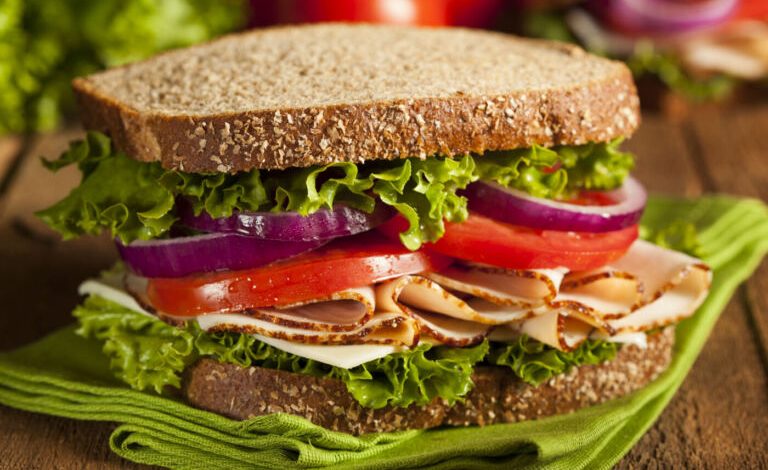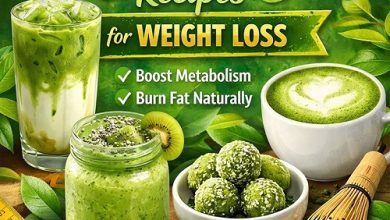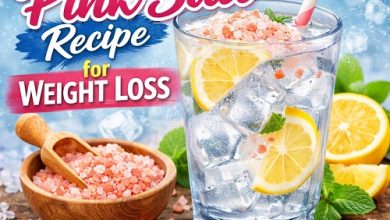Post-workout food combinations promote muscle repair

Anyone who works out regularly has likely created their own training regimen, and an important part of an individualized routine includes eating after the workout. Even if you are not hungry, your body requires certain types of food.
Whether it’s a light training session such as yoga or an intense workout such as long-distance running, your body needs a combination of fluids, carbohydrates and protein.
“Recovery nutrition is important and allows one to optimize training and perform at their body’s full potential,” said Kimberly McNulty, outpatient dietician for Virtua Health. “The goals of recovery nutrition are to restore fluids lost, replace carbohydrates burned during exercise, and provide protein to promote muscle repair.”
First, “if you are sweating, you need to rehydrate with fluids,” said Barbara Mintz, senior vice president of Healthy Living and Community Engagement at RWJBarnabas Health. She leads all wellness and nutrition programming for the health system.
“Drink water, or maybe some juice, but not a lot,” Mintz said. “You don’t need energy drinks. Stick to food itself. If you are really sweating, Gatorade repletes your electrolytes, but for the basic weekend warrior, water is fine.”
Eating after a workout is just as important as rehydration, within a critical window of time. “It’s best to wait until your body settles down,” she said, “at least 14 to 20 minutes after your workout, but no more than 90 minutes to replenish.”
Mintz and McNulty, both registered dietitians, recommend light, low-fat, post-workout food combinations that include both carbohydrates and protein, such as a slice of turkey on whole wheat bread, or chocolate milk. “Another is chicken noodle soup, which also has some salt to get electrolytes back,” Mintz said.
The protein should be low-fat, “not steak and not processed food,” she said. “Eat some chicken, but not half of a rotisserie chicken.”
Other options suggested by McNulty include a fruit smoothie made with low-fat yogurt, fruit and protein powder; whole wheat toast with banana and nut butter; or fresh fruit with cheese sticks. Trail mix that includes fruit and nuts is a good portable food. Other foods after exercise may be needed “depending on training, volume, intensity, timing of the next session and body weight,” she said.
For instance, Mintz said, “If you are working out with weights, you tear your muscles down, so it’s important to replenish with a combination of protein and carbohydrates. Carbs will replete your energy stores. You store carbs, and that helps you get up and walk. And protein goes to muscle repair.”
After a challenging workout, “eating within 30 to 60 minutes of training is optimal,” McNulty said. “This is the period of time when muscles are most open to receive nutrients needed to rebuild, and your muscles are more efficient at absorbing carbohydrates to replenish glycogen stores. Your body uses the carbohydrate and protein that you eat during this time to prevent further muscle breakdown.”
For more information, Mintz recommends visiting Eatright.org, a website for professionals in the Academy of Nutrition and Dietetics that also has information for the general public.
This article originally appeared in the Summer 2023 issue of Jersey’s Best. Subscribe here for in-depth access to everything that makes the Garden State great.




